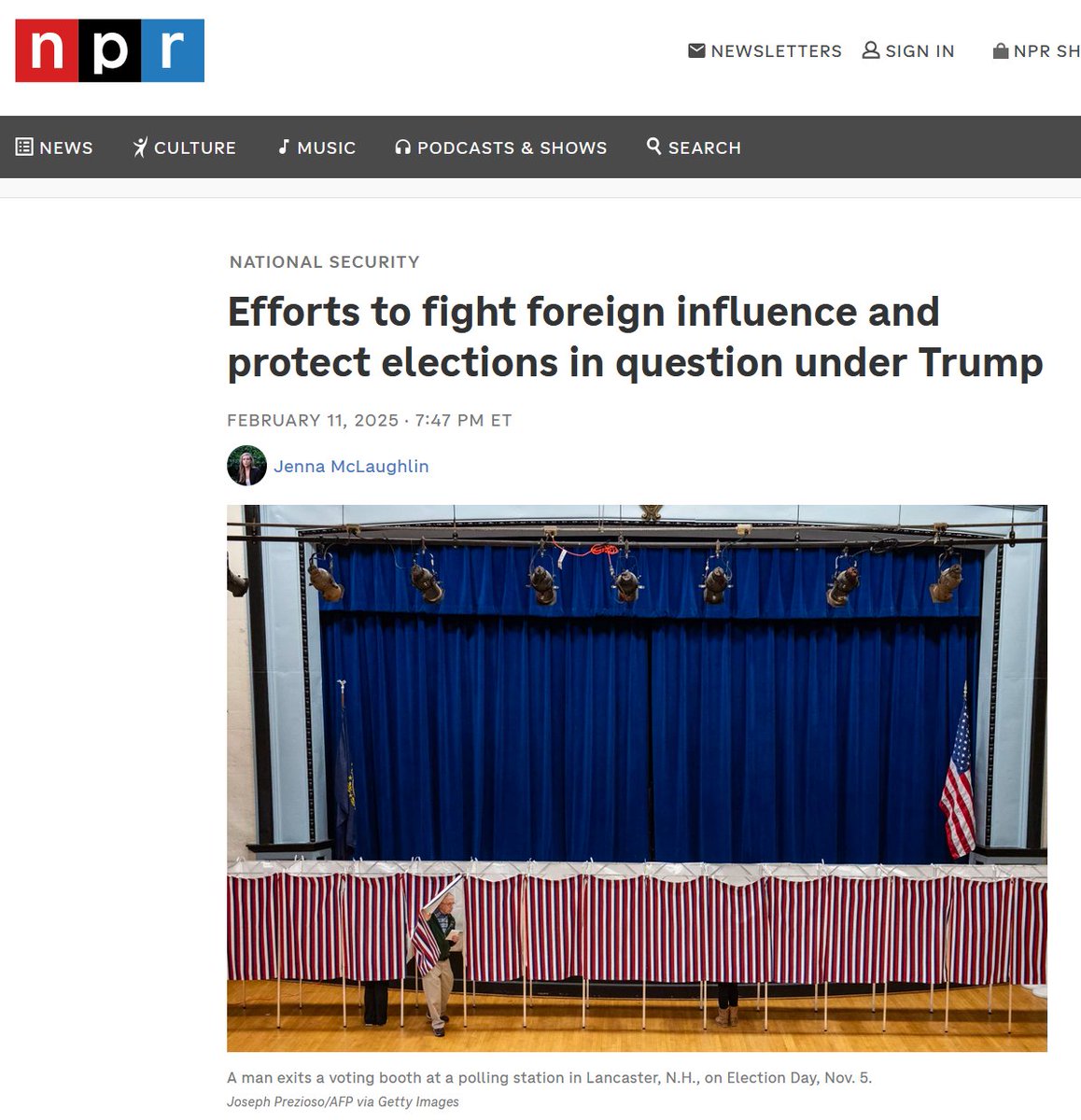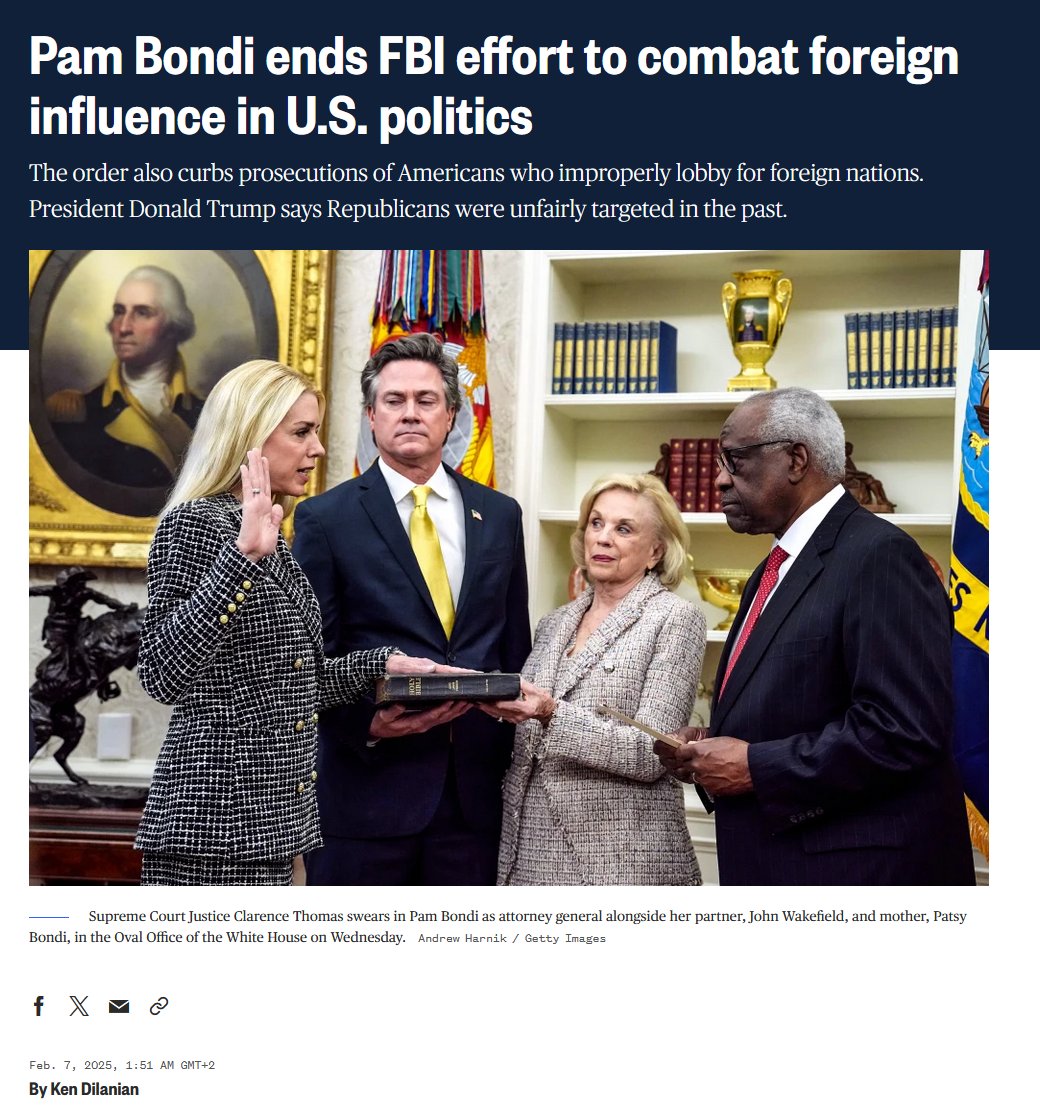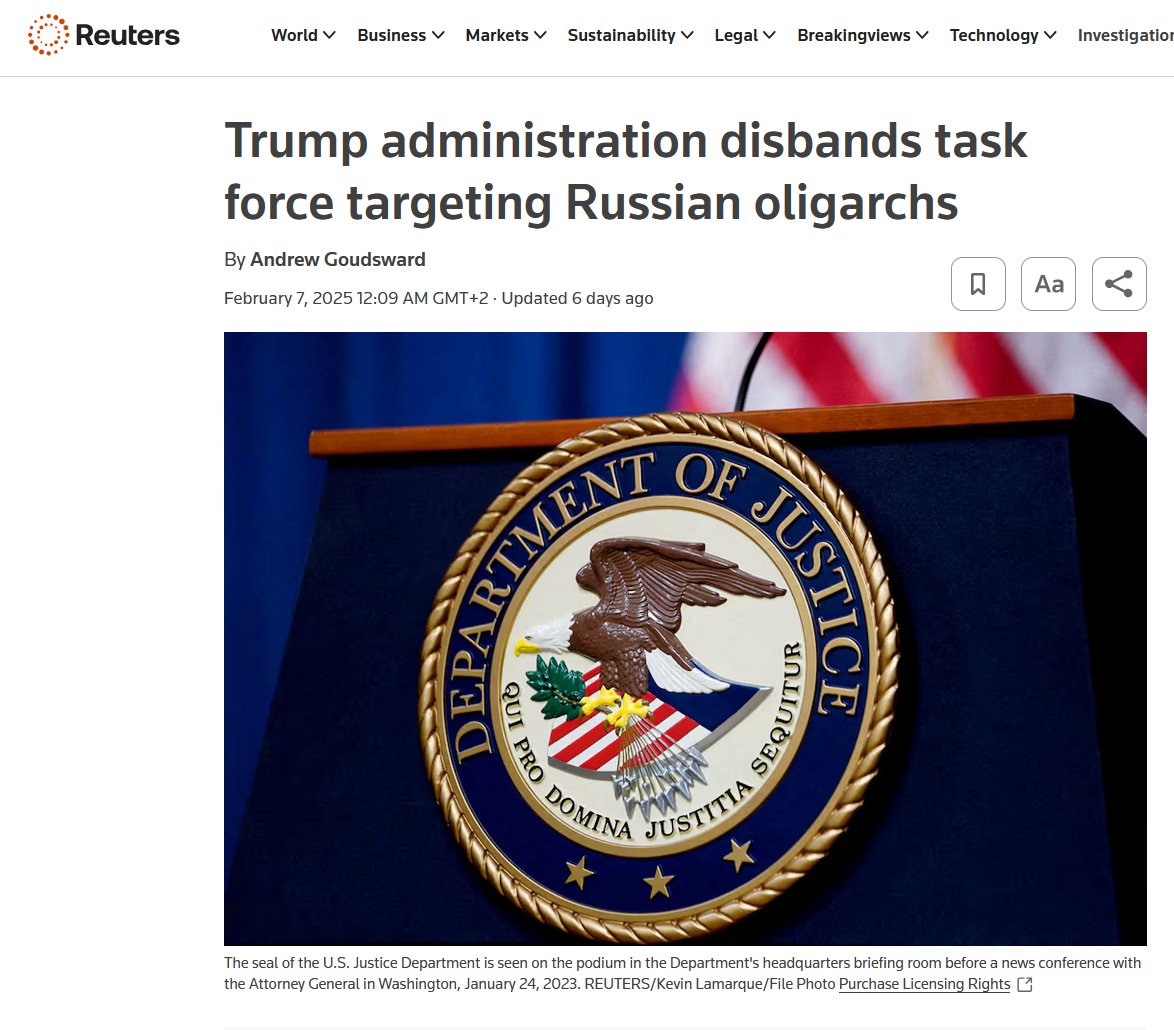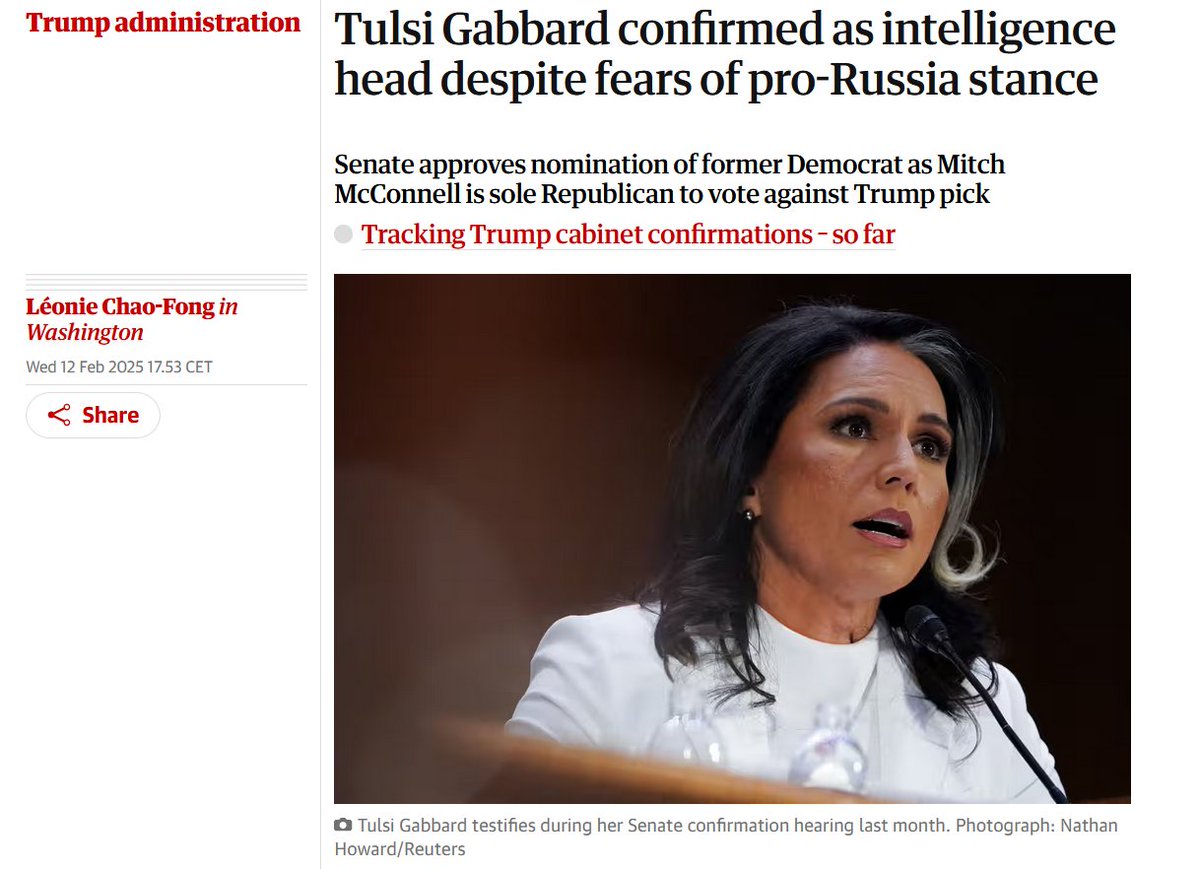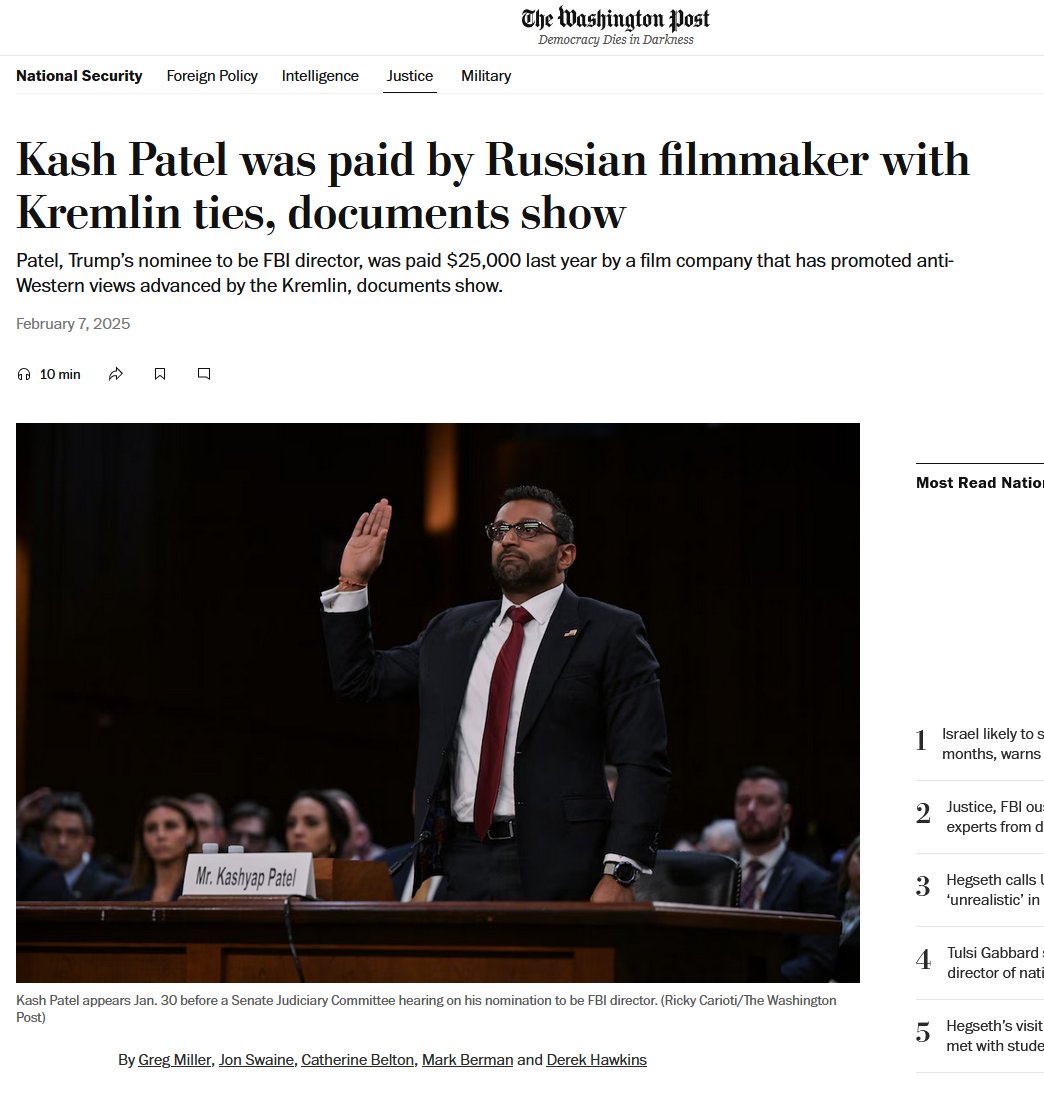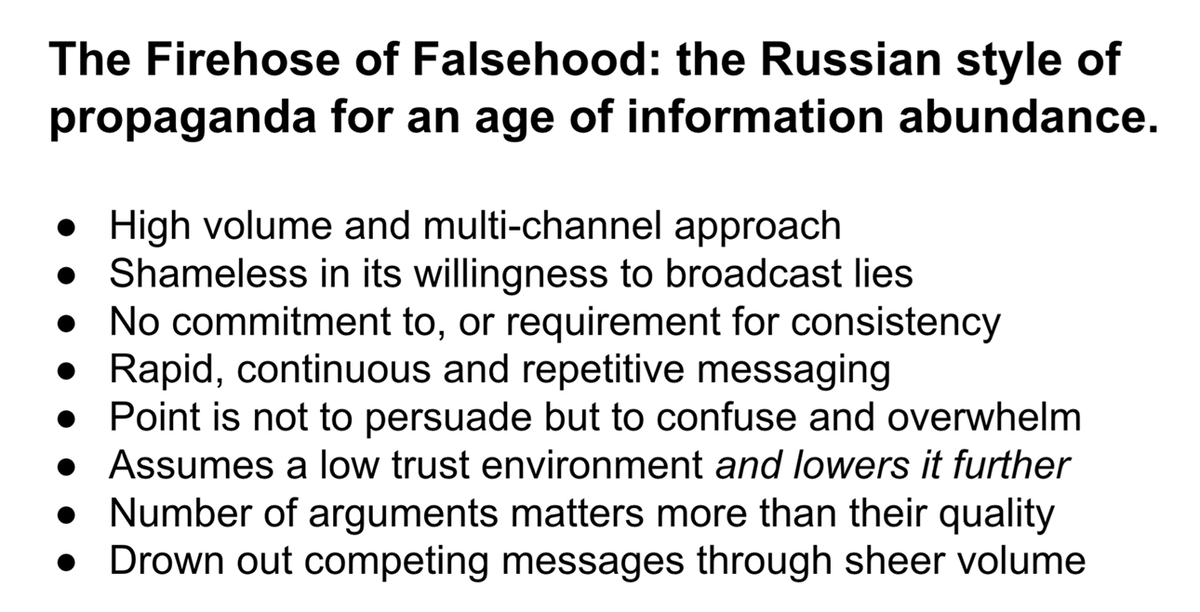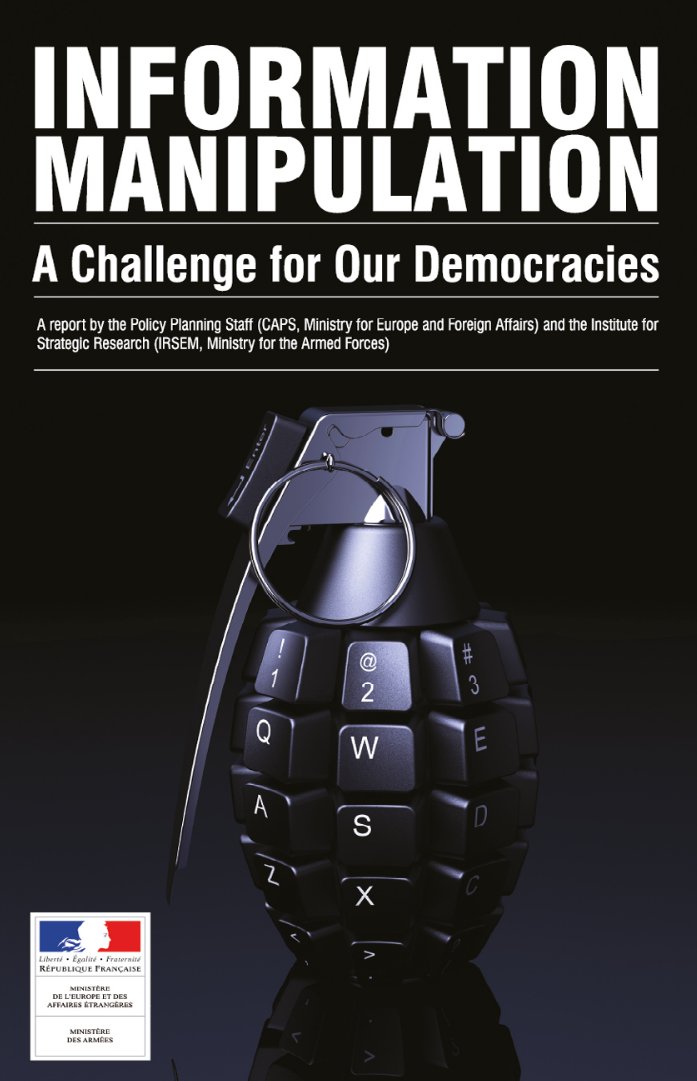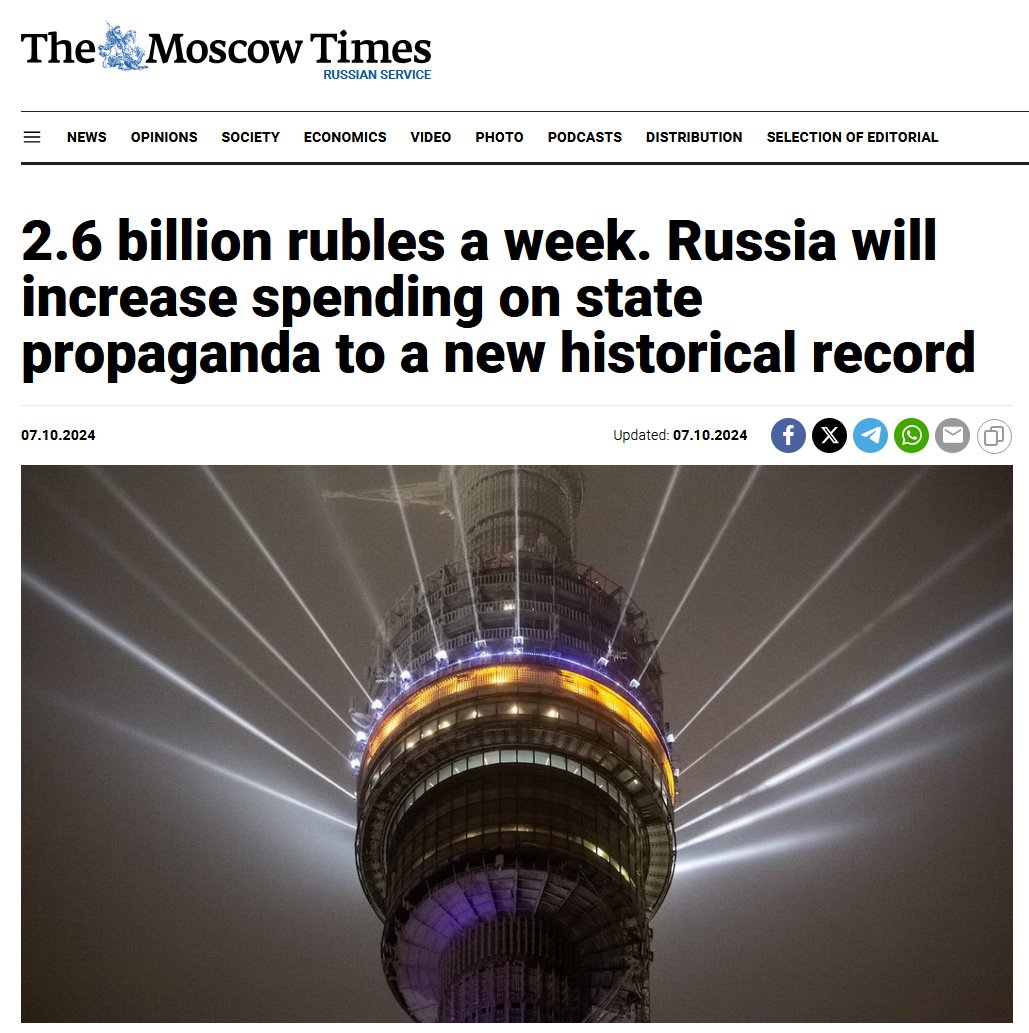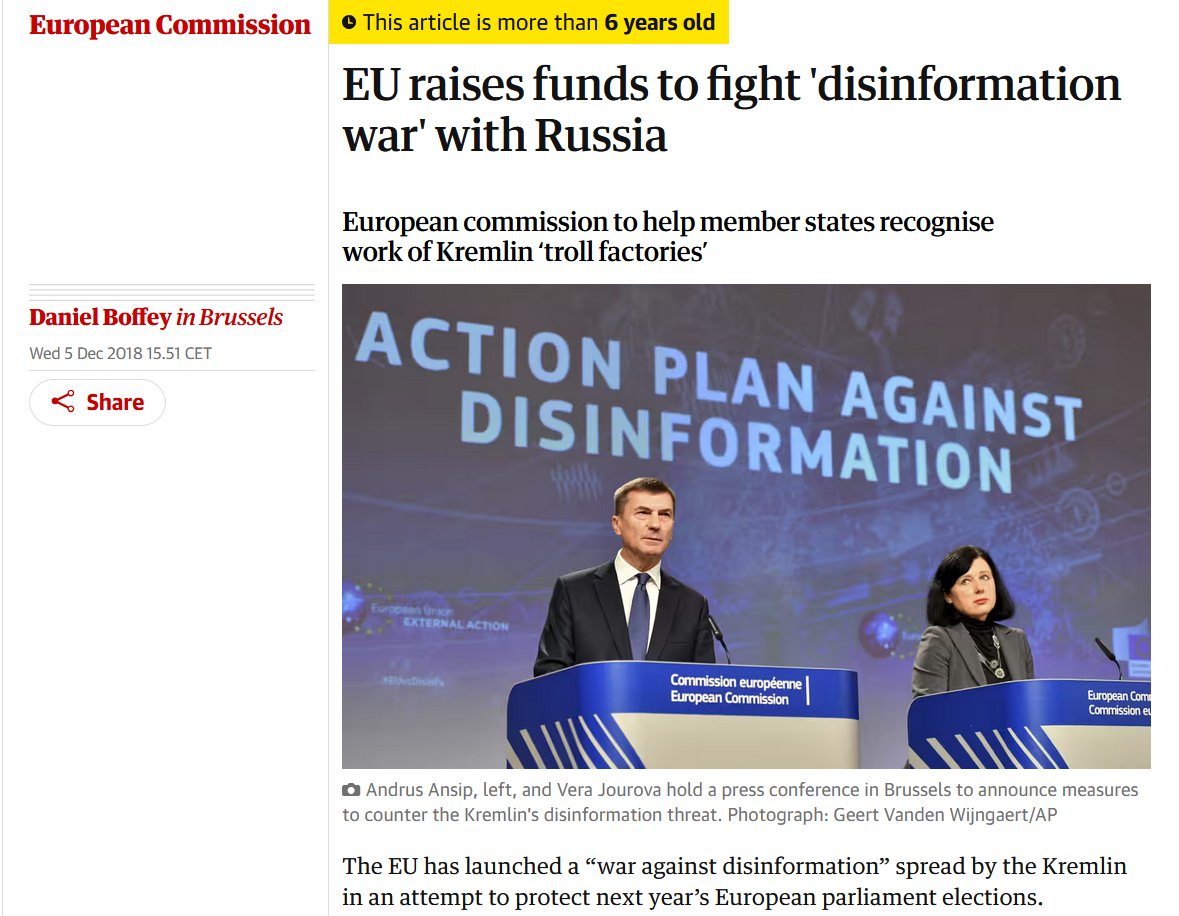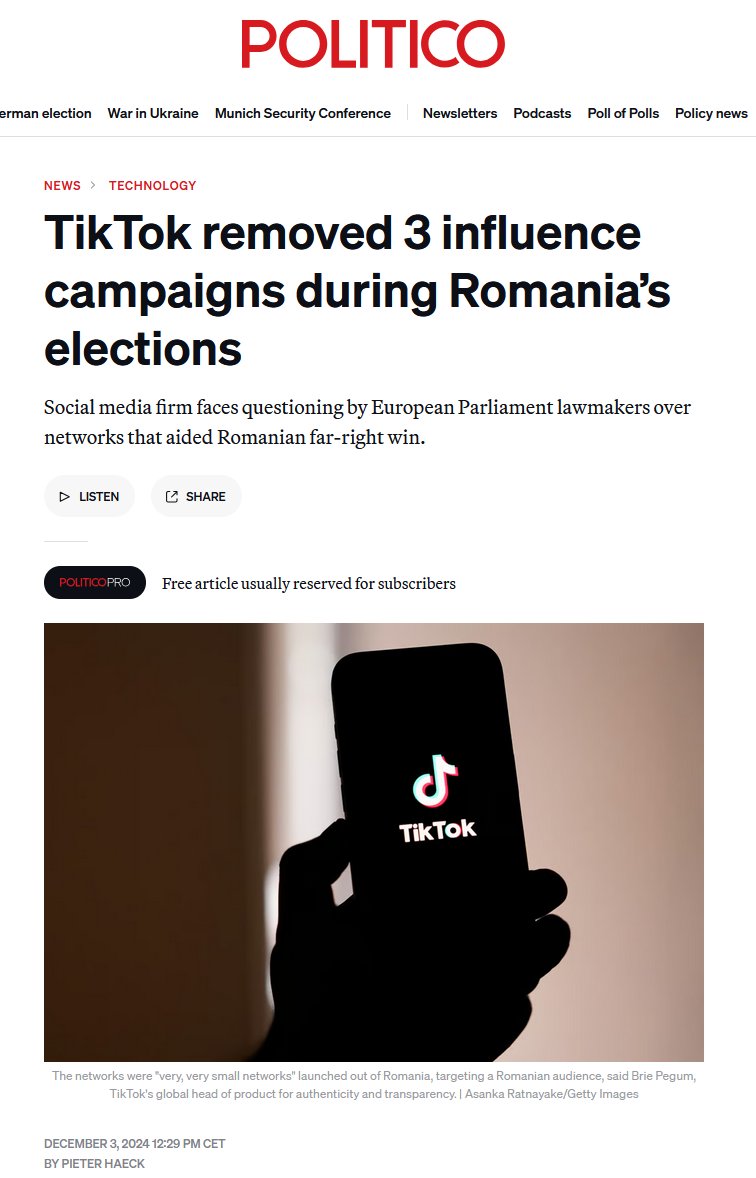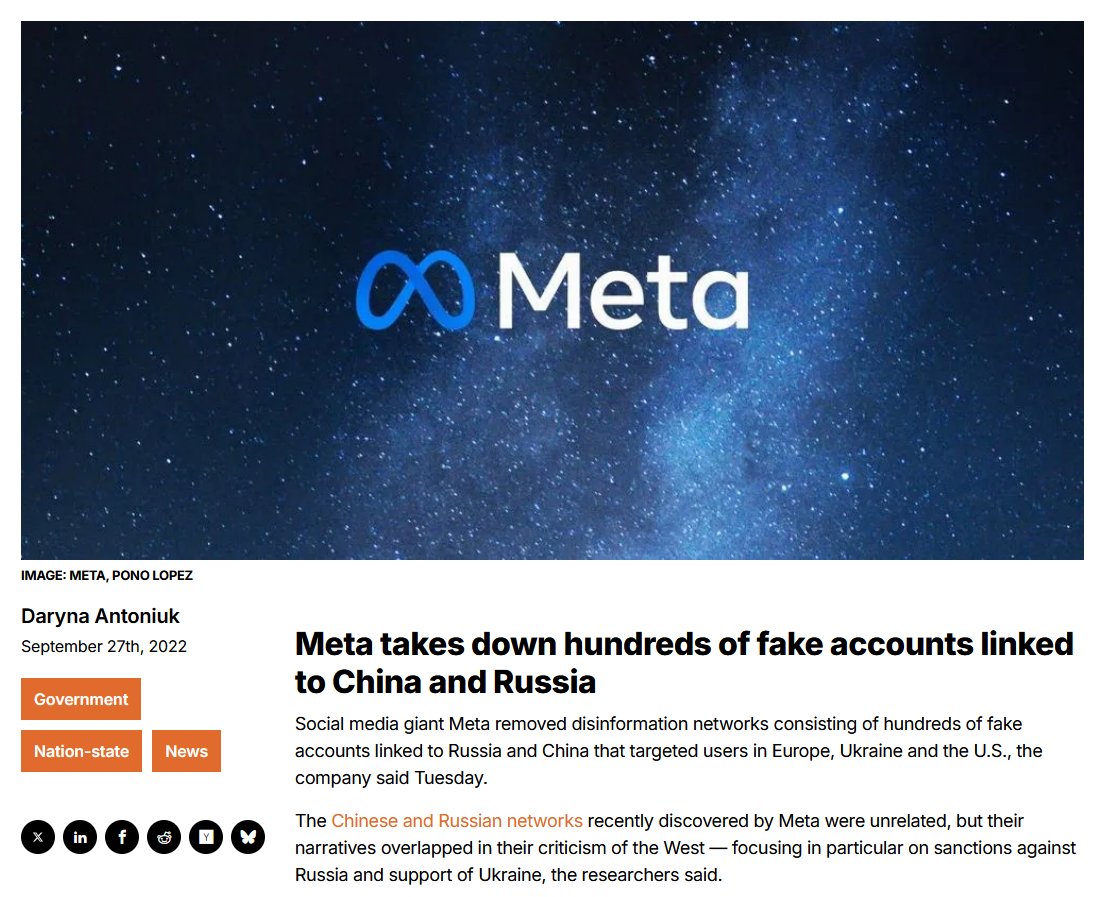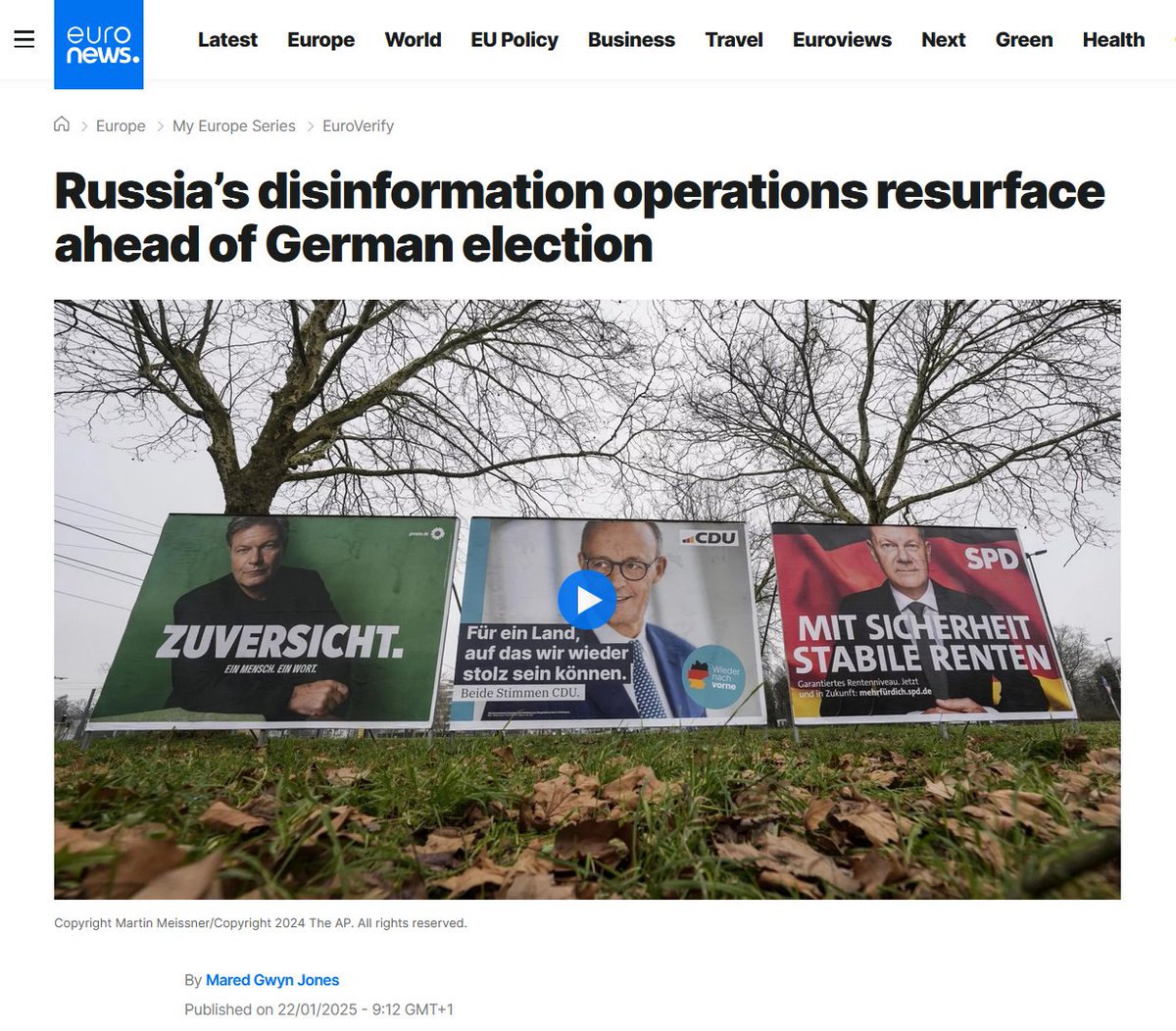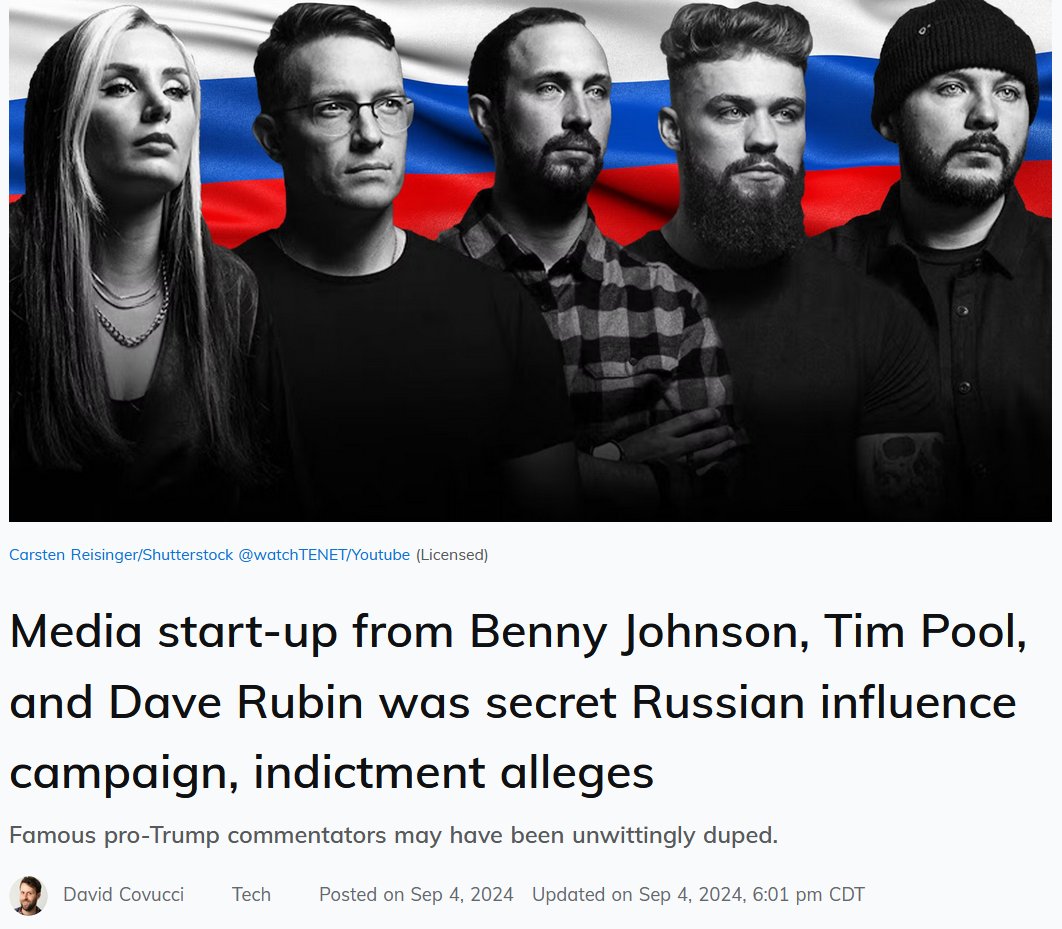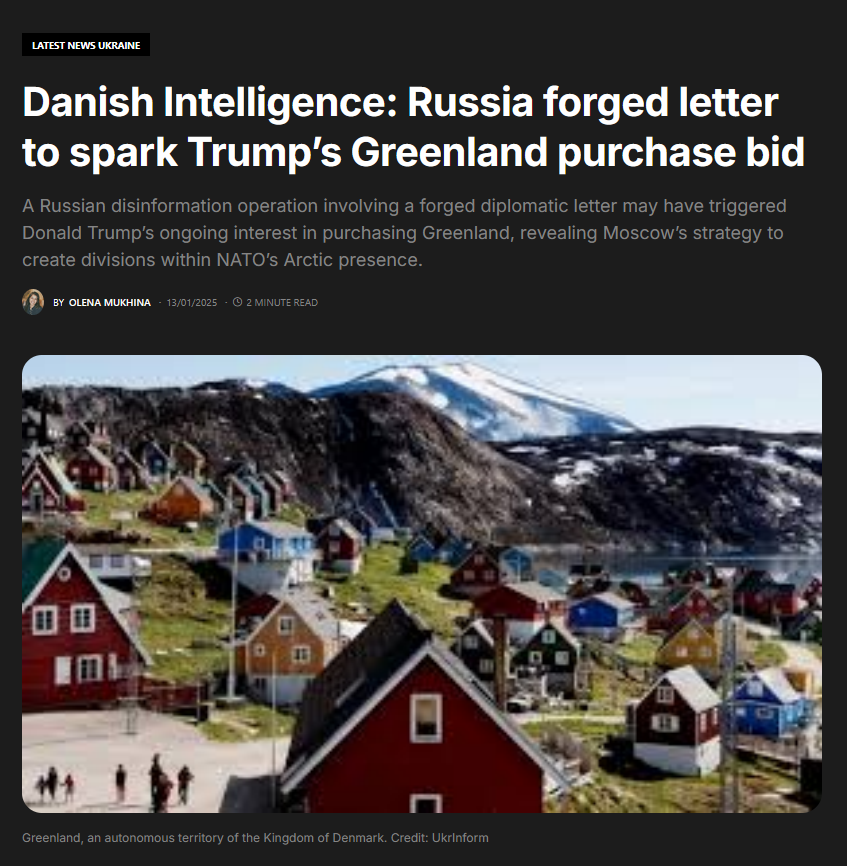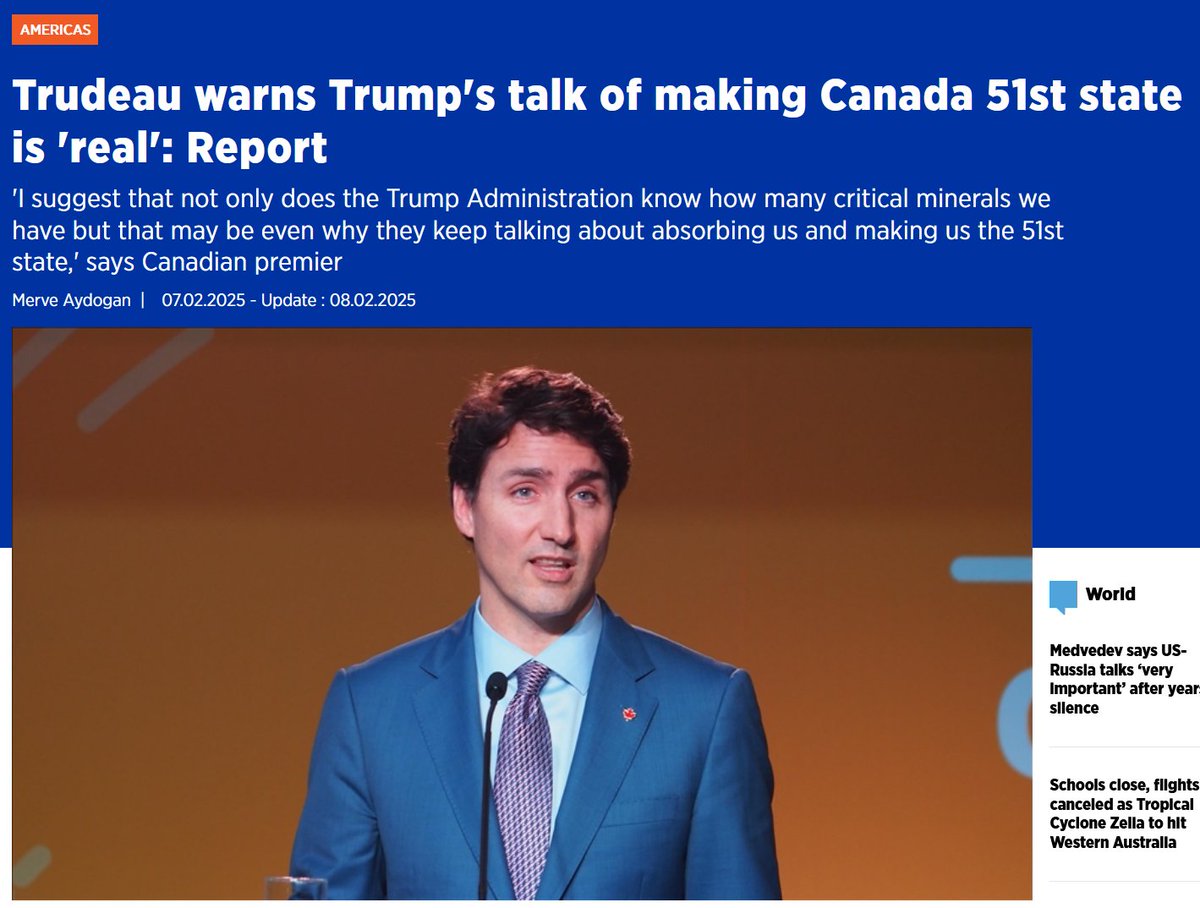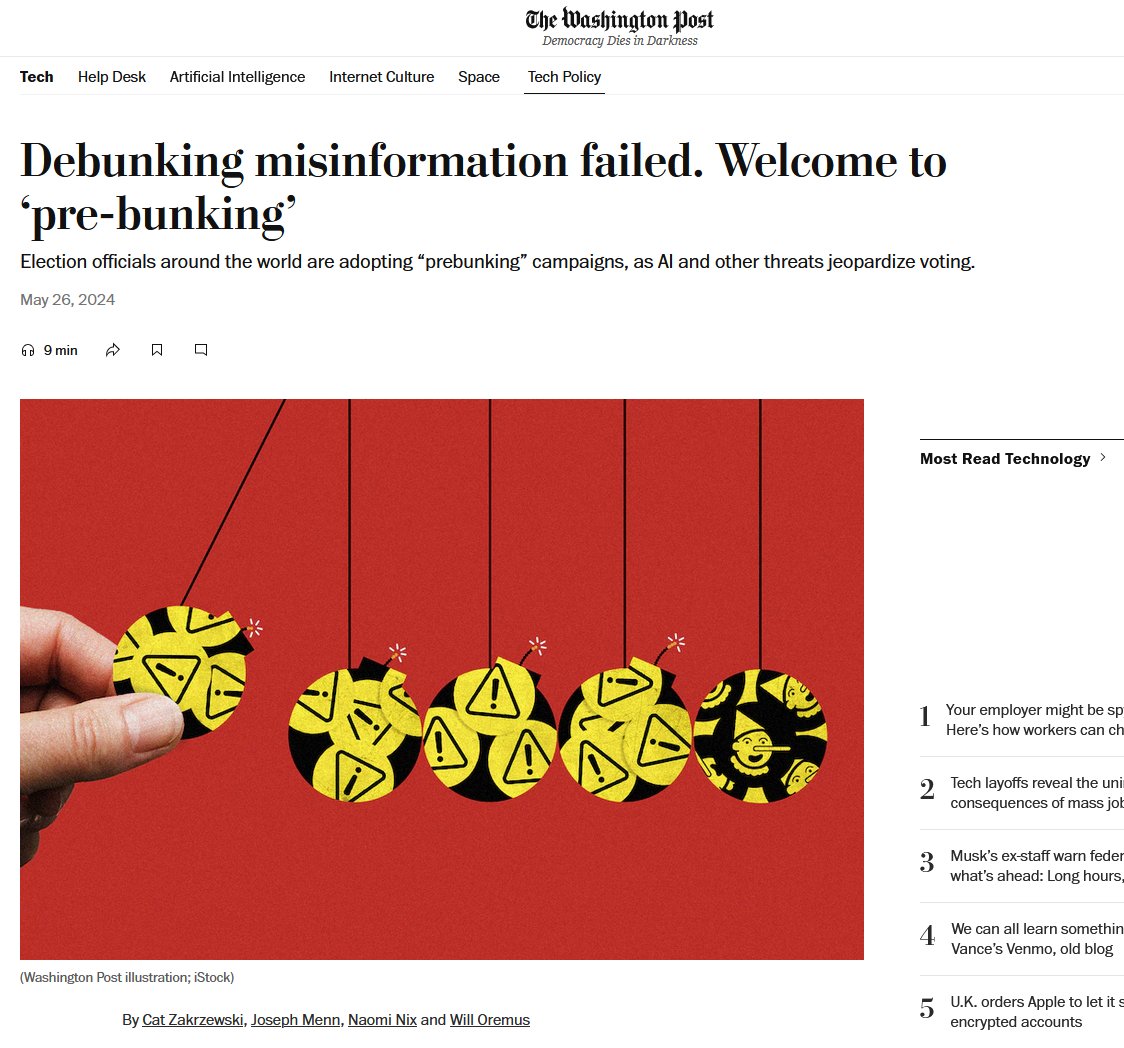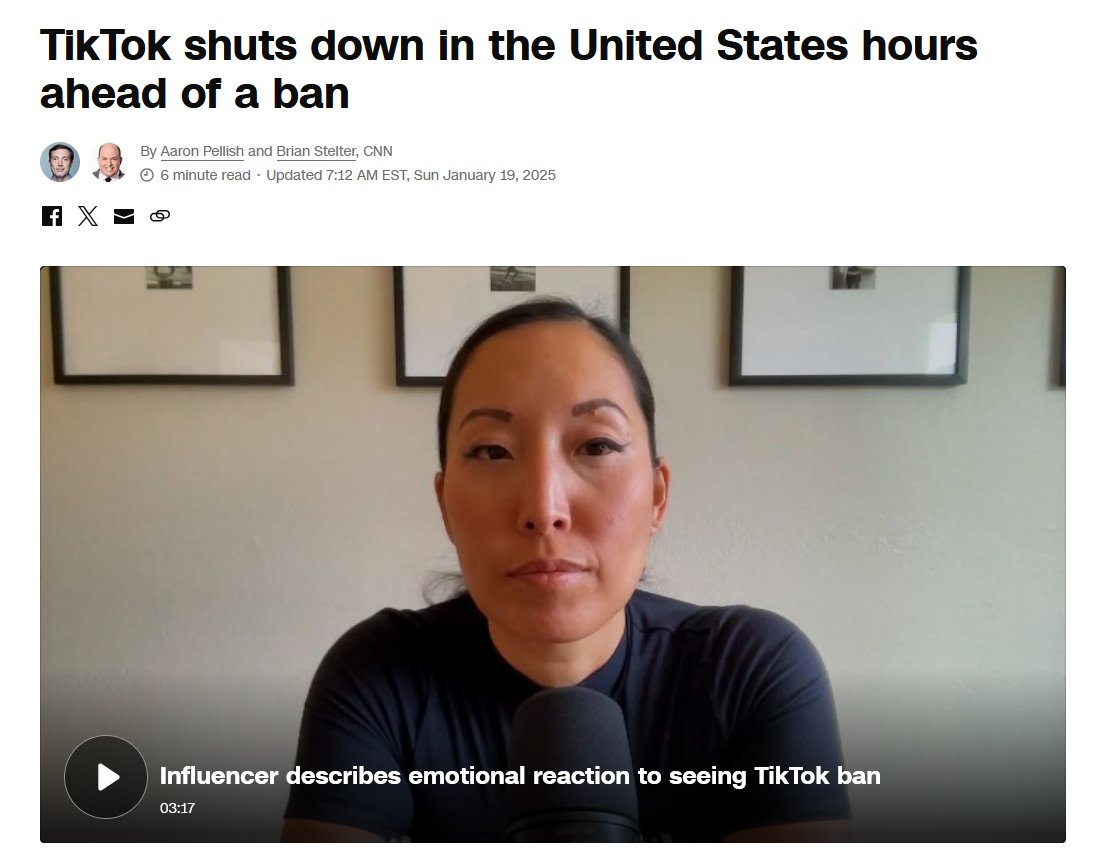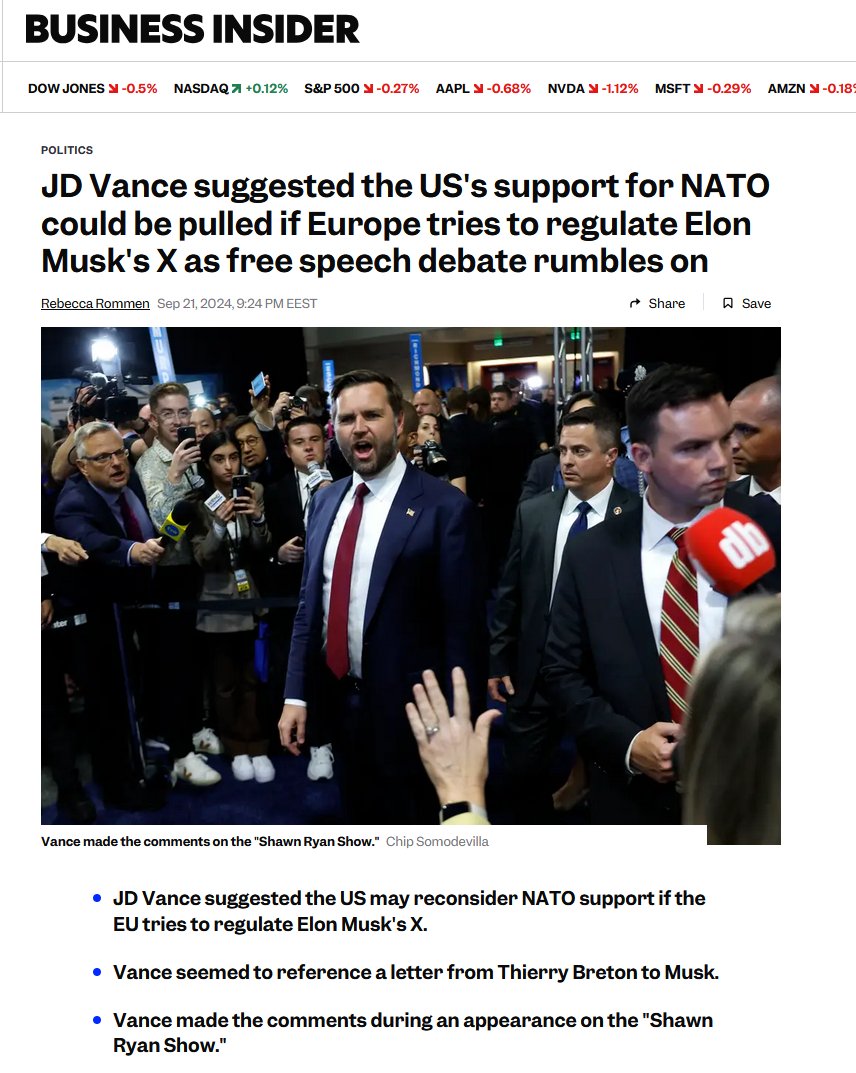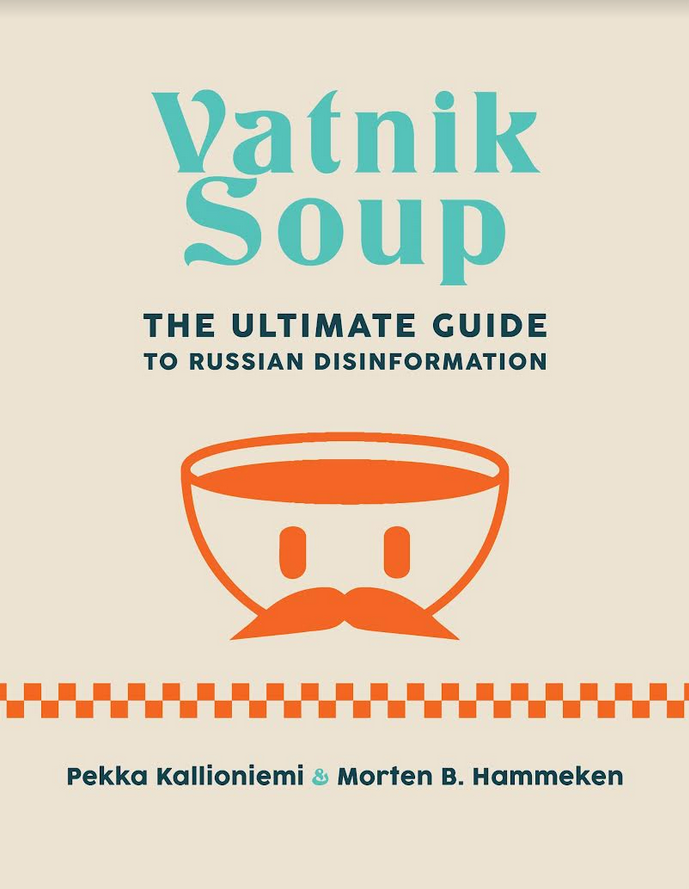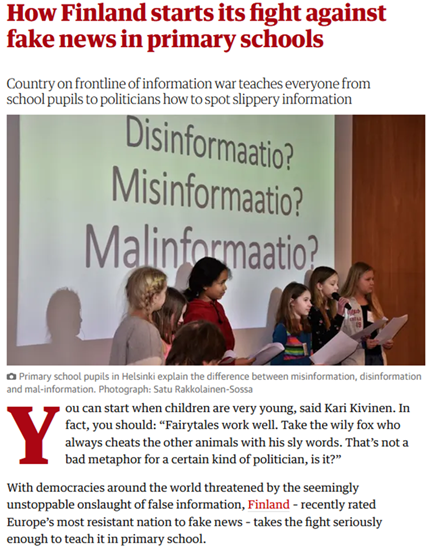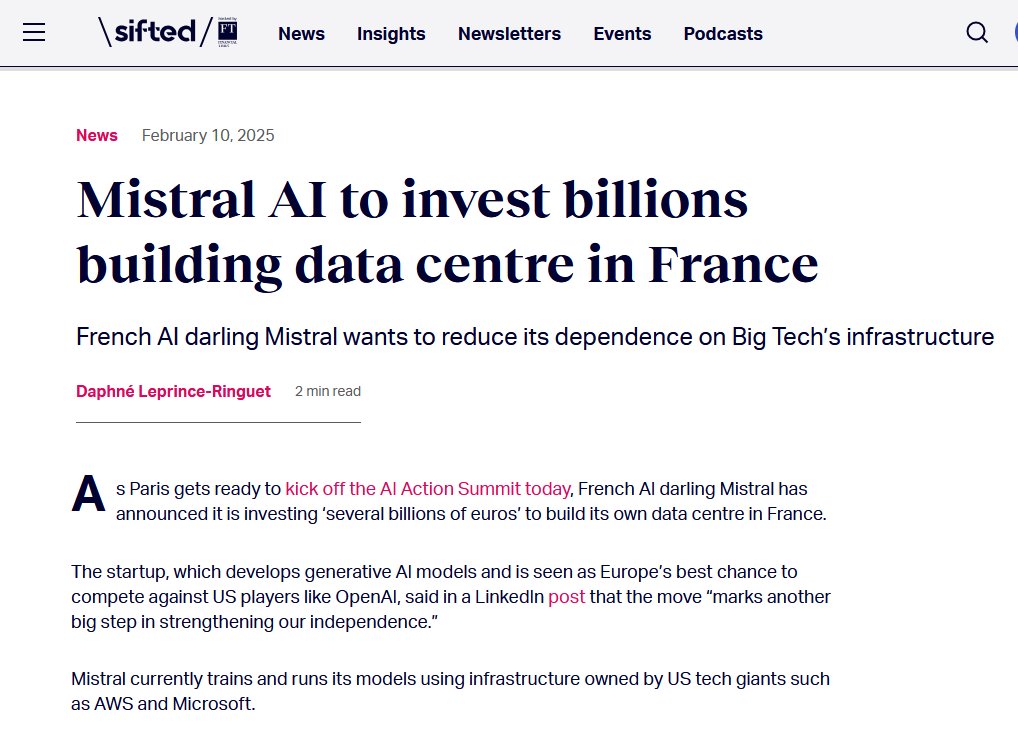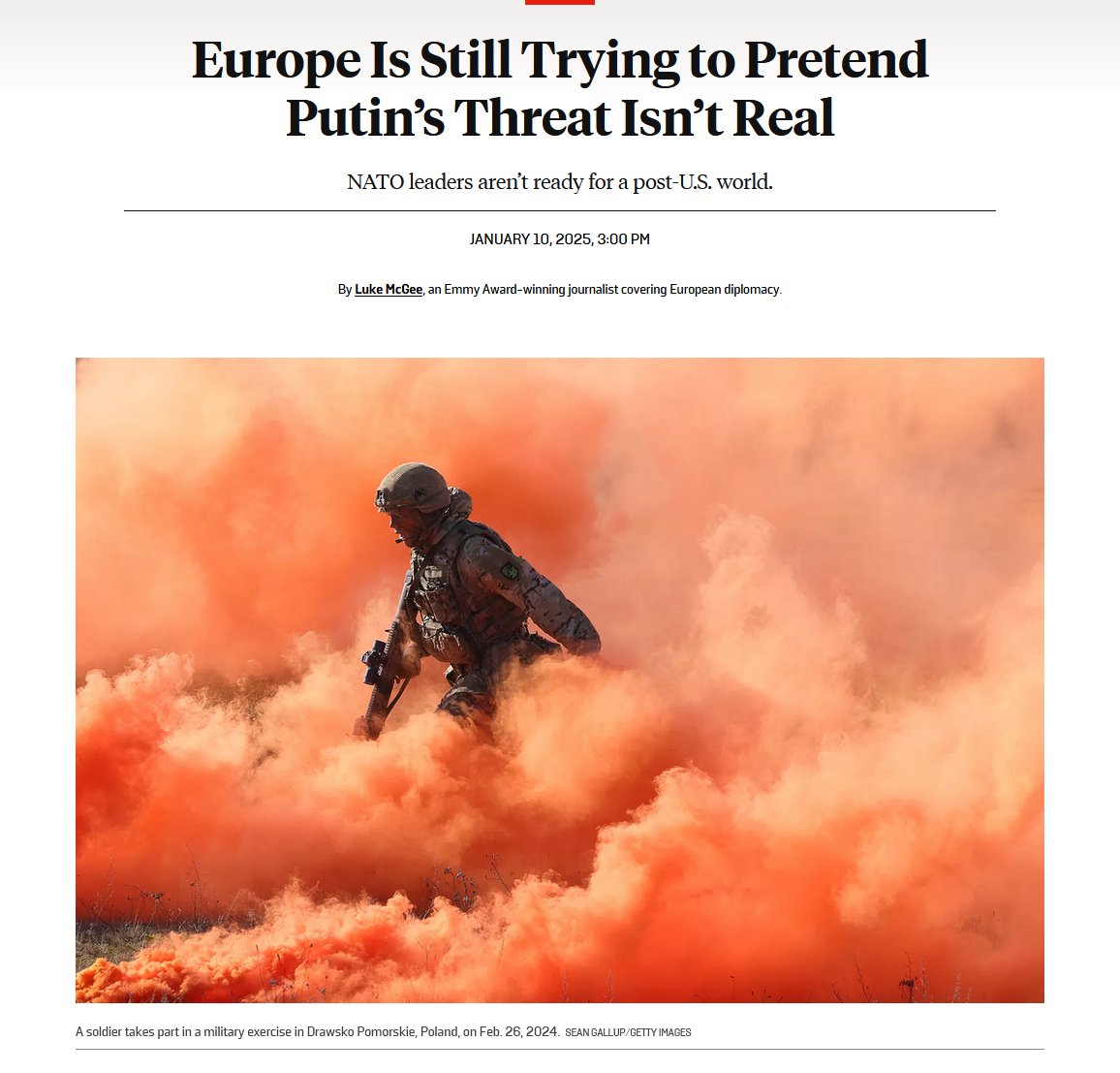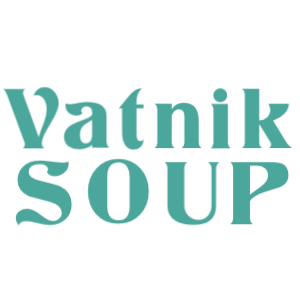Soup 327, February 13, 2025
| Soup | 327 |
|---|---|
| Permalink | Permalink |
| Date | 2025-02-13 |
| Twitter/X | Read |
| Twitter/X Quotes | View |
| Twitter/X Latest Comments | View |
| Twitter/X Thread | Thread |
| Thread Reader App | Read |
| Thread Reader PDF | Read |
| Bluesky | Read |
| Bluesky Quotes | View |
| Read Bluesky Thread | Read |
| Bluesky Skyview | Read |
| Bluesky Skywriter | Read |
| Audio App | Listen |
| Audio File | Listen |
| Soup type | Deep dive |
|---|---|
| Retweets | 916 |
| Likes | 3.1k |
| Views | 126.8k |
| Bookmarks | 352 |
| In other languages |
Europe’s information defense
You can now pre-order the 2nd edition of “Vatnik Soup — The Ultimate Guide to Russian Disinformation”! This updated version, featuring pre-order extras, will be released on the 15th of February 2025.
Pre-order your copy here:
Pre-order your copy here:



